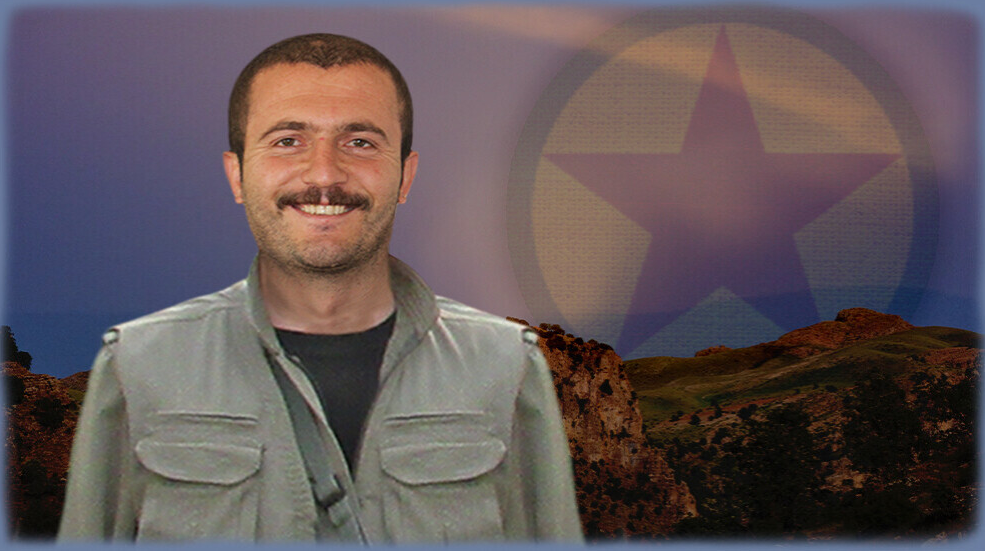
The Press Center of the People’s Defense Forces (HPG) has published an obituary for the fallen guerrilla commander Reşîd Serdar. According to the information, Reşîd Serdar died on 27 May 2020 in the course of fierce fighting and subsequent air strikes by the Turkish army in the Nordiz area of Wan-Payizava.
His death has now been confirmed. The HPG described Reşîd Serdar as a truth seeker who found the meaning of his life in the PKK. The HPG expressed its condolences to his daughter Semira and the entire family as well as the people of Kurdistan. The HPG provided the following information about the martyr:
Nom de Guerre: Reşîd Serdar
First and last name: Mustafa Ertaş
Place of birth: Van
Names of mother and father: Çiçek – Şehabettin
Date and place of death: 27 May2020 / Wan
Reşîd Serdar was born in the Nordiz area and grew up with Kurdish culture as a member of the Giravi tribe. He was his parents’ eldest son and felt responsible for his family. In order to make a living, he started working early. He stood between the fronts of the capitalist system and the lifestyle of classic Kurdish society. Neither life form was what he was looking for. For a while, he lived outside Kurdistan in a major Turkish city and saw the state’s reality from a different perspective. He returned to his birthplace, where he married at the request of his family. His search for a free life did not end there. He took part in legal activities and thereby became better acquainted with the reality of his people, who persistently resisted despite all attacks. In order to do justice to this fight, he initially worked as a militia member and finally joined the guerrillas.
Reşîd Serdar took part in organizing the resistance for self-government in Van and, with his disciplined work, contributed to the successful completion of many critical tasks. After about two years in the Van region, he crossed the Turkish-Iraqi state border and came to the Medya Defense Areas. There he had the opportunity to deal intensively with the content of the PKK philosophy and to critically examine his own personality in the light of women’s liberation ideology. As an area commander, he finally returned to his homeland of Nordiz, where he fought with great courage and selflessness until the end.